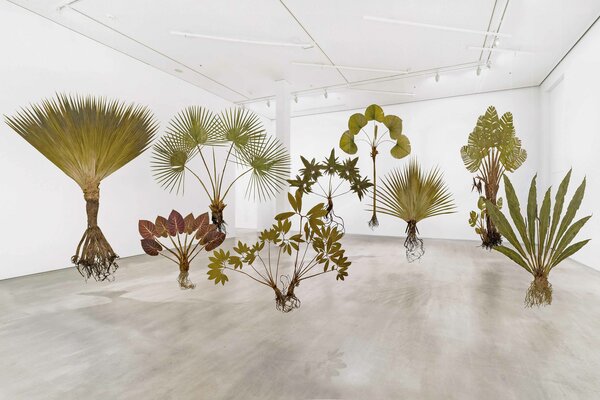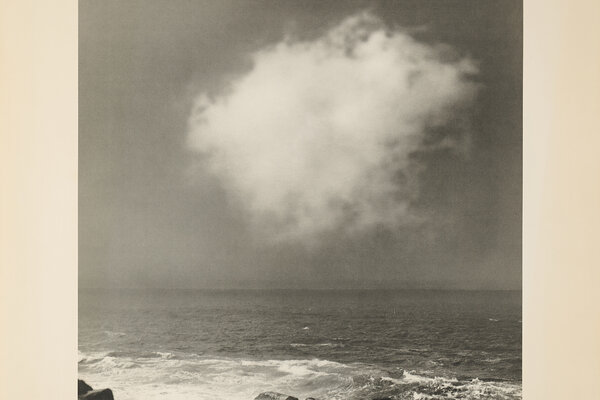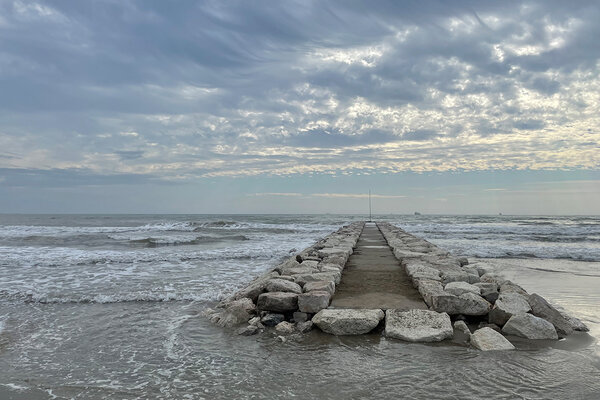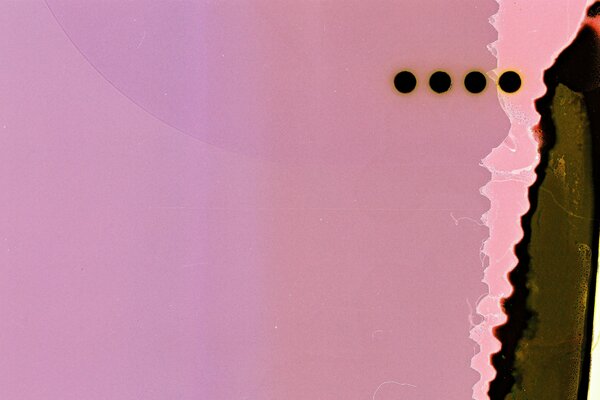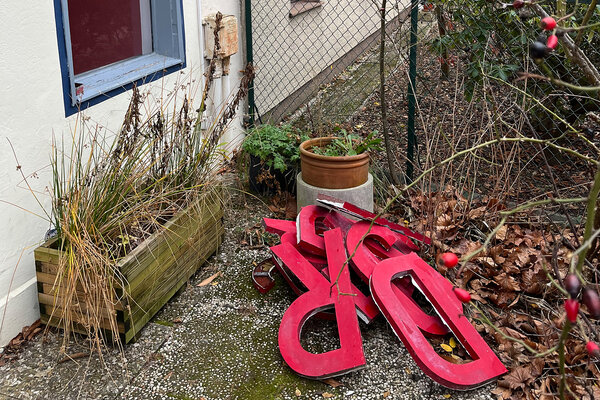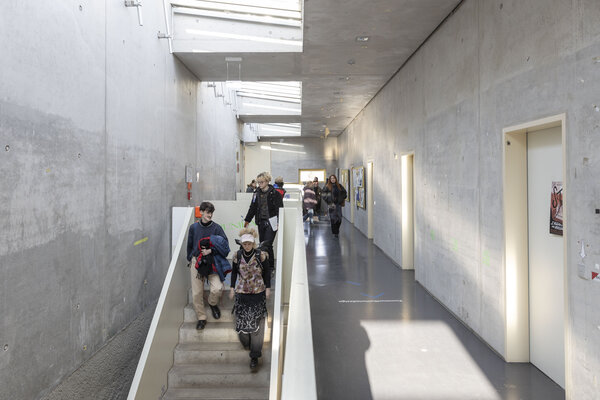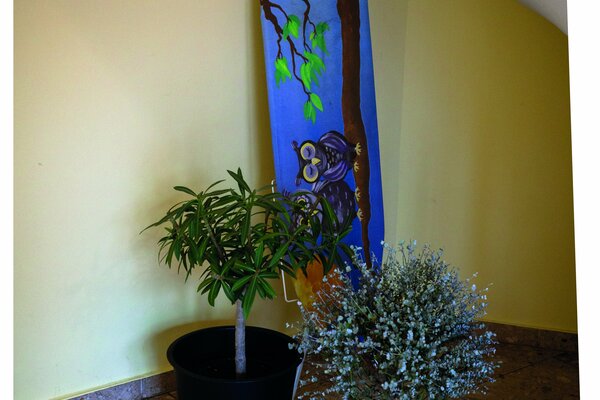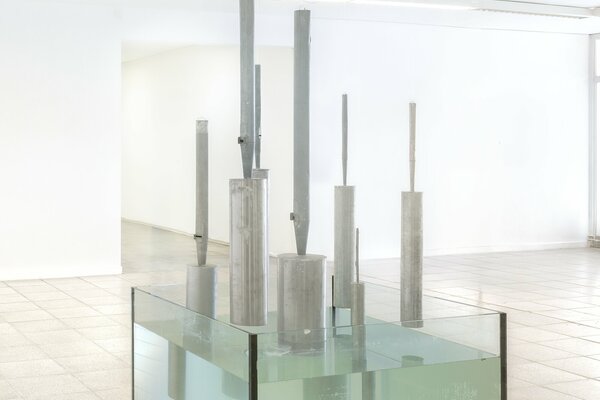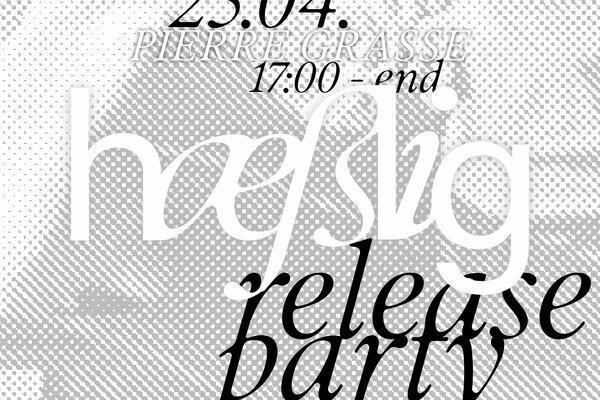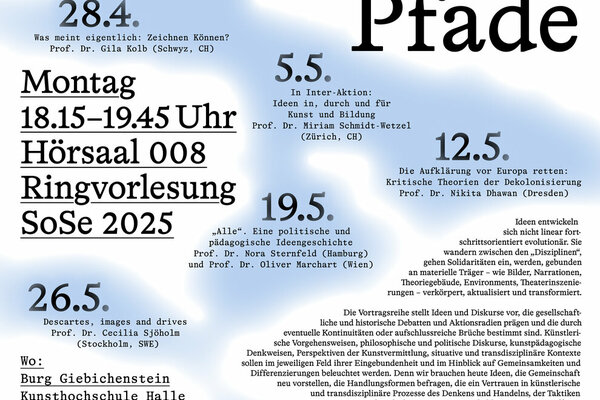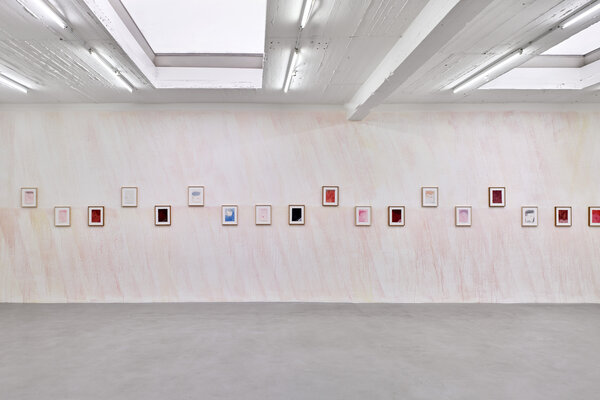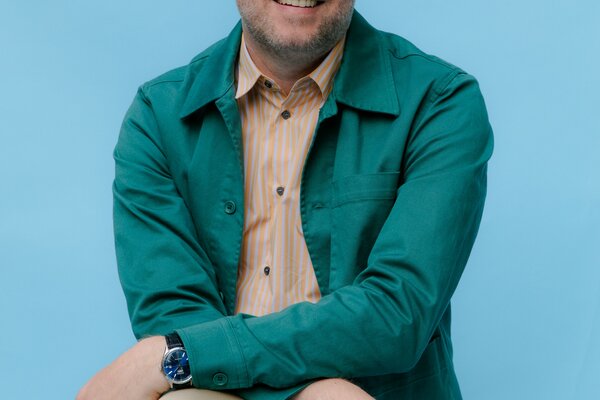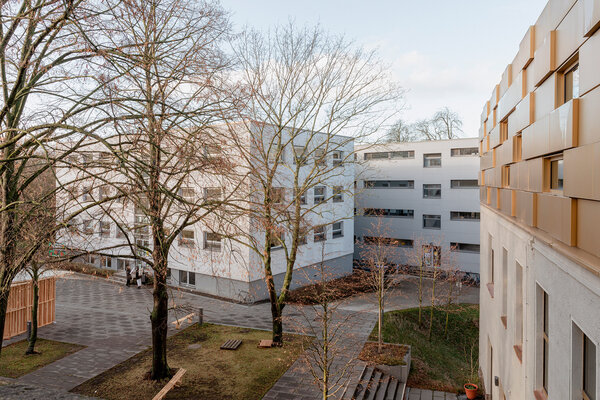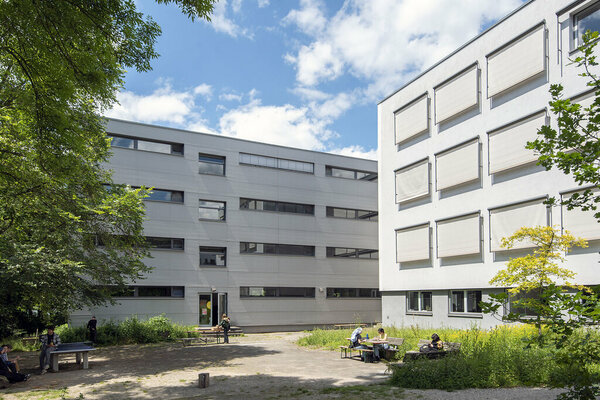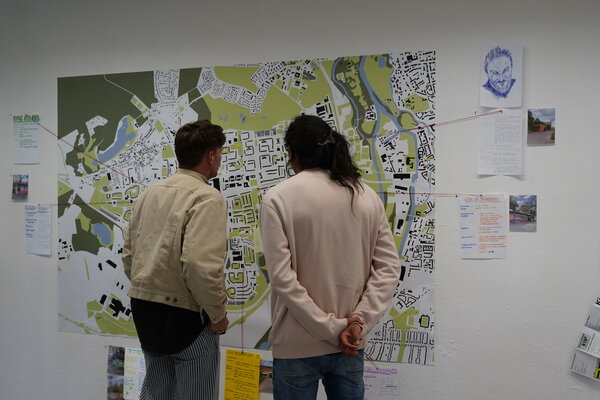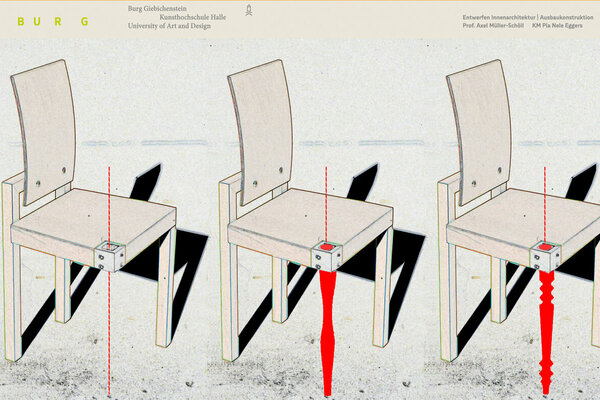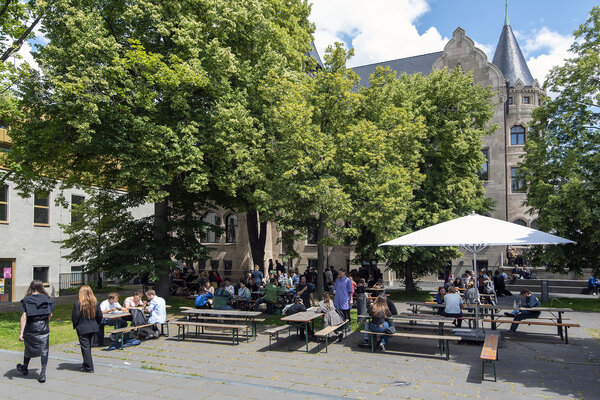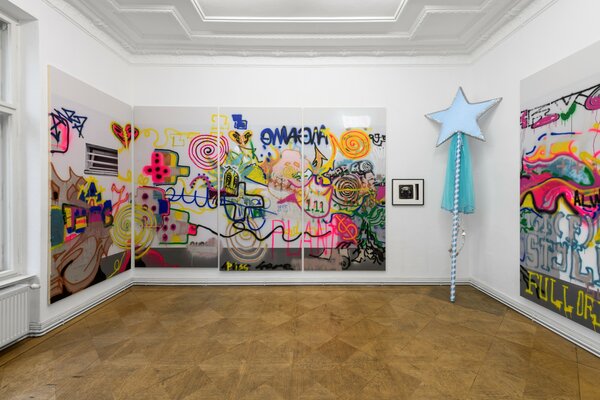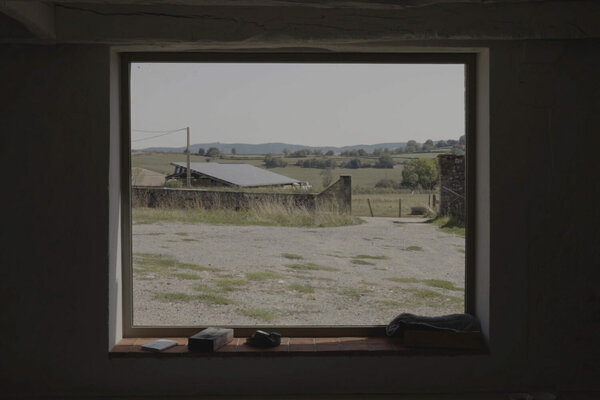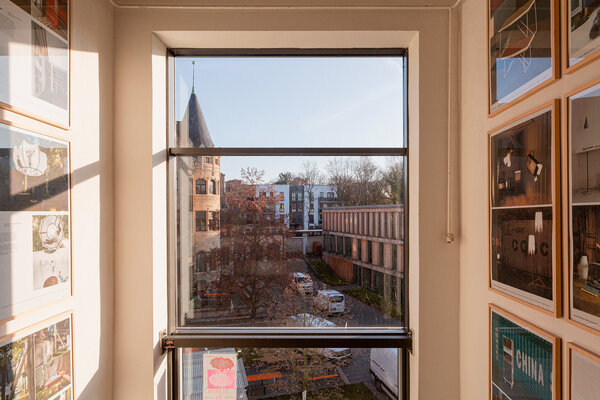There can be very different reasons for artists to engage with philosophy, from the emphatic search for meaning to the prosaic attempt to enrich their own work with education or theory. But the best reason of all is probably this one:
As with art, philosophy is a movement of becoming different, an activity that aims to leave the familiar framework of thought and perception and arrive at other, new ways of seeing and thinking. Philosophy does this through thought, reflection and critical enquiry. It distances itself from the familiar world, cherished convictions and traditional truths and confronts them again and again with the most fundamental question of all: Why?
It is this persistence of questioning that characterises philosophy and keeps it alive, not so much the answers it has given in the course of its history. Teaching philosophy at an art college has the great advantage that it can concentrate entirely on the side of asking questions: Philosophy here does not denote a body of dogmas, systems and modes of argumentation, but a technique for moving away from the given reality and allowing other possible worlds to become conceivable.
As the term technique suggests, philosophizing is not entirely a spontaneous affair. Leaving behind everyday thinking is not easy, and putting a new idea into words is even harder. Philosophical texts are therefore often difficult, sometimes bordering on the limits of comprehensibility. Yet this should not deter us from engaging with them—much like with works of art, which are also not always immediately accessible. The crucial question is rather one of approach: if we are intrigued by the problem a text grapples with, the mental effort is worthwhile; if not, we can spare ourselves the reading. In philosophy lessons at BURG, the focus is primarily on finding such points of interest, moments of theoretical fascination that make it possible for us to persevere through challenging texts and to embark on a philosophical inquiry into reality.
